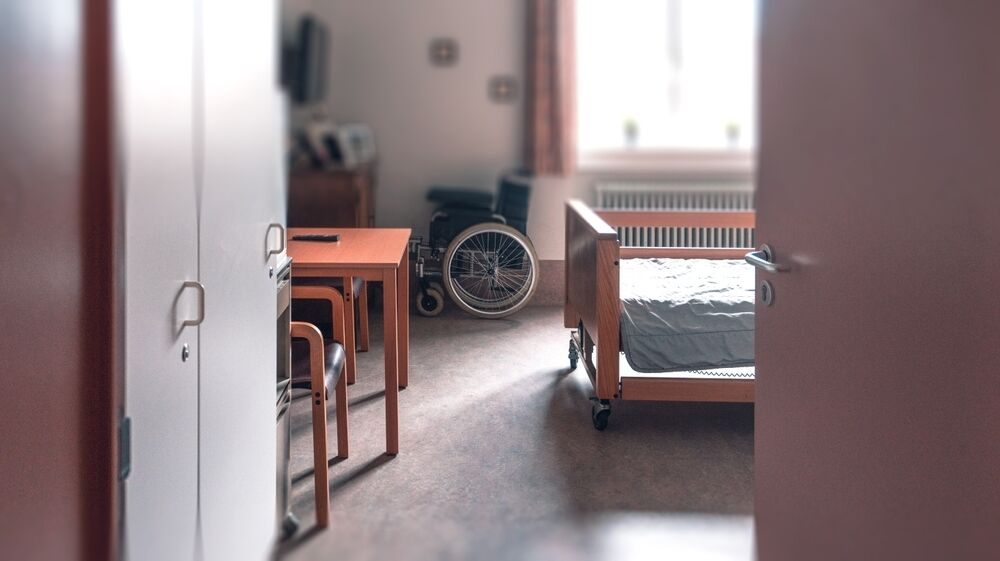Assisted Suicide
Church of England urged to resist assisted suicide law

The Archbishop of York, Stephen Cottrell, has called on the Church of England to “withstand and even turn back” public support for assisted dying, warning it risks claiming “an authority over death that belongs to God alone.”
Addressing the General Synod in York on Friday, he said such a law could place pressure on the vulnerable and permanently change the trust between doctor and patient.
A threat to the dignity of life
Cottrell’s remarks come after MPs in the House of Commons voted last month to pass a Bill that would grant some terminally ill adults in England and Wales the right to seek help to end their lives.
The Bill now moves to the House of Lords, where 26 Anglican bishops have seats by right and will continue to scrutinise the legislation.
Thanking the bishop of London, Sarah Mullally, and other Lords Spiritual for their “principled and persistent opposition” to the Bill, Cottrell said, “When we lose something as foundational as decisions over life and death, we are in danger of losing other safeguards and provisions as well.”
He warned that while the UK’s shared values and laws have long been shaped by Christianity, “other philosophies and worldviews teach different things and may not uphold the dignity and value of life in the same way.”
Rooted in a Christian foundation
The archbishop underlined that his view of “the dignity and value of every life and every moment of life” was firmly rooted in his Christian faith. He argued that changing the law on assisted dying could erode essential moral and legal protections, saying it risks giving human beings a role that belongs to God alone.
Cottrell urged Anglicans to continue their witness against assisted dying, both in Parliament and across society. “Despite our failings,” he added, “the people of this land have not given up on the gospel of Jesus Christ.”
The debate is expected to intensify as the Bill progresses through the Lords, where bishops are likely to play a significant role in questioning whether the legislation truly safeguards the vulnerable and honours the sanctity of life.
Share
